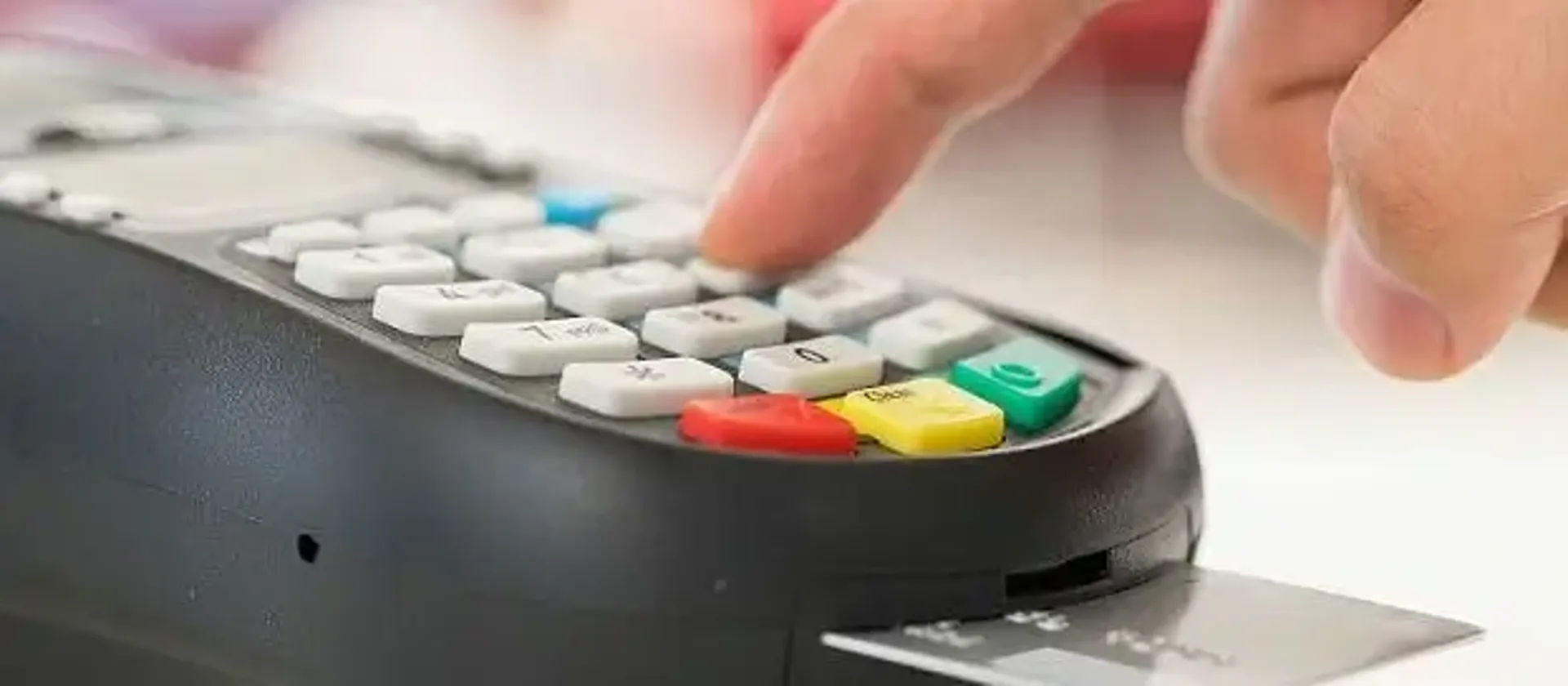24/10/2016

While credit card fuel buying or mileage-based ‘pay and reclaim’ buying may work for less frequent business use, fuel cards have the edge for full-time small business fleet management. So, what are the risks presented by credit card and pay and reclaim fuel buying, and the advantages of using fuel cards?
Credit cards
Credit cards are an efficient and convenient way for small businesses to pay for their fuel. They’re quick, and they offer the same basic benefits as fuel cards: no money to carry around, the potential for easier tracking and tracing of expenditure. In the final analysis, though, the credit card falls short of the fuel card in important respects.
While it is nominally simple to track and report credit card expenditure, in practice this involves keeping and submitting receipts. Profusion of paperwork at both ends of the transaction (for the driver, who has to keep and submit the receipts in a timely fashion, and for the office, which must log and keep track of them all once they have been submitted) renders the credit card method unreliable. It also creates extra work for all parties.
Credit cards, unlike fuel cards, do not inherently activate the ability to save money on fuel. To get the best deals on fuel prices with a credit card, a driver must spend time looking around for the lowest prices in the area. With a fuel card, they are locked into major providers, which either offer better rates for fuel card users or combine good average pump prices with no-fee setups.
Credit cards attract charges as well as APR, whereas fuel card services like fuelGenie may waive charges completely. They are also more secure, with fuel cards not posing the security and fraud risks faced by credit cards.
Pay and reclaim
‘Pay and reclaim’ schemes work by reimbursing drivers for their business mileage: in much the same way that a UK tax return can include a mileage allowance for business purposes. Drivers are thus required to bear the up-front cost of fleet fuel themselves, a situation that can lead to inflated mileage claims as drivers attempt to recoup more than they paid. Again, receipts are required to be saved, creating risk both to the driver and fleet management. A lost receipt skews the figures, diminishes the amount reimbursed to the driver, and has a knock-on effect for VAT recovery.
VAT recovery relies on the submission of HMRC-approved VAT receipts. Both pay and reclaim and credit card payments place the collection of these receipts in the hands of the driver, who must safeguard them and submit them at the proper time. Admin is then faced with an unnecessary mountain of paperwork, all of which must be properly completed and submitted for a complete VAT reimbursement. Statistically, the risk of losing VAT money to which you are entitled rises with the volume of receipts.
Fuel cards
A fuel card company takes all of these risks out of the equation. Fuel cards generate automatic receipts, in the form of single invoices per card that show a proper VAT breakdown. 100% of VAT is recovered, and an accurate picture of fuel spend is delivered. Drivers cannot overclaim on mileage or lose track of paper trails.
Route deviation is minimised as drivers are directed to specified forecourts, usually with nationwide coverage of easy-to-find locations. Loyalty points may be earned. Spending can be controlled by setting limits per card.
A fuel card offers more accuracy, more control, and more security. Have you switched yet? Let us know on LinkedIn and Twitter.


